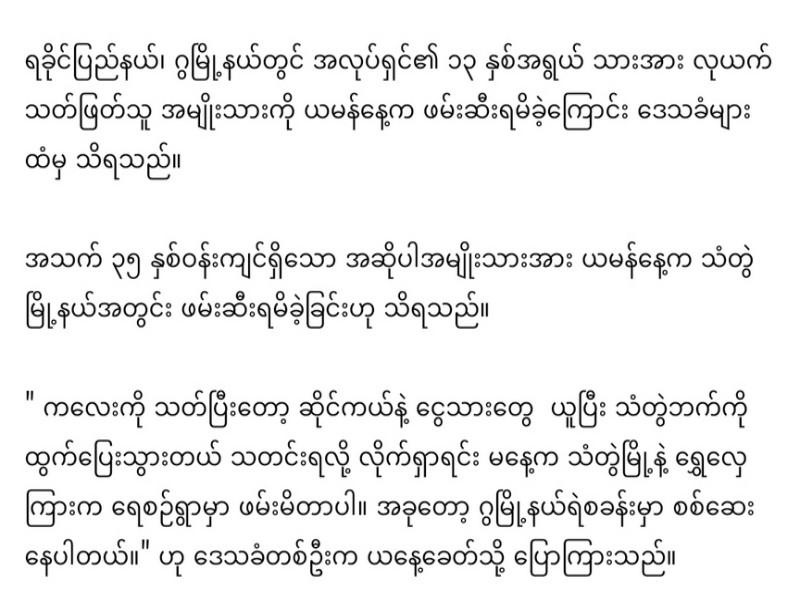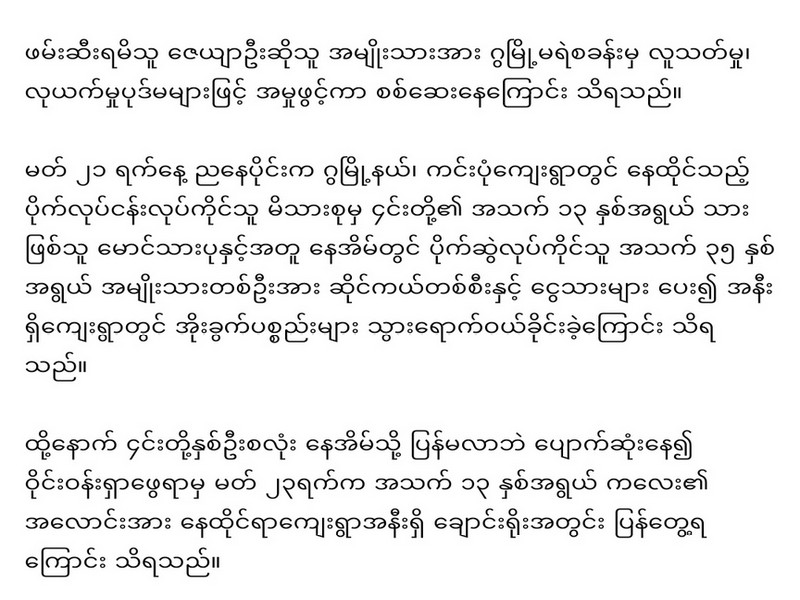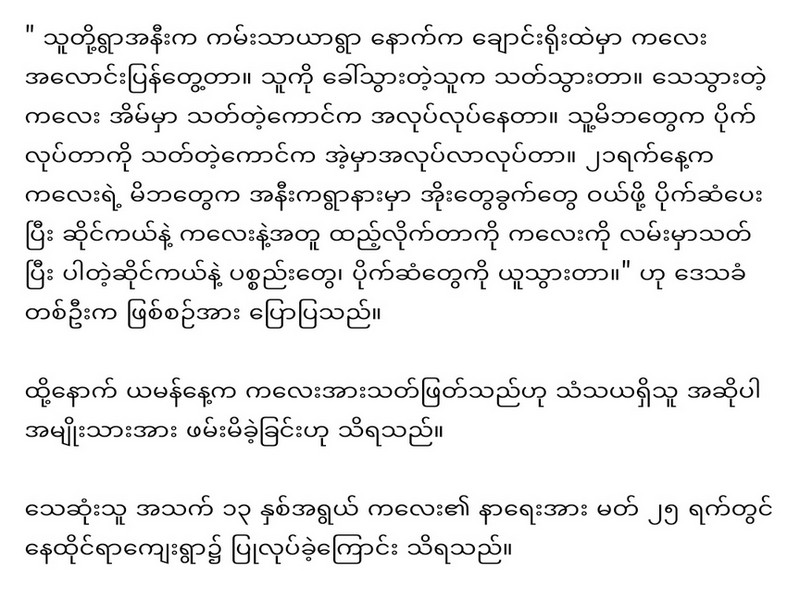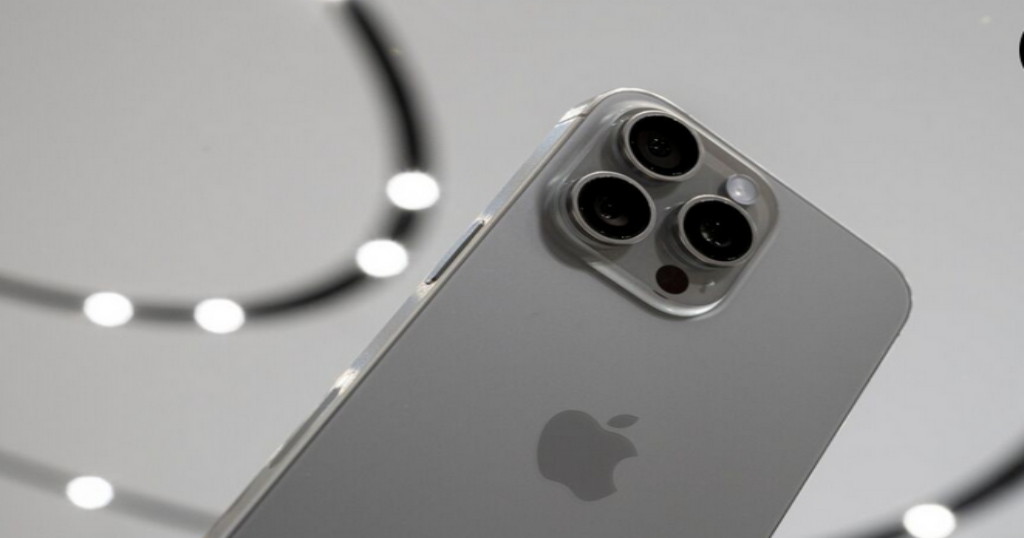DOJ Faults Apple for Need of Super Apps Like WeChat in US

For a long time, US tech pioneers from Elon Musk to Stamp Zuckerberg have envisioned of imitating the victory of WeChat, Tencent Possessions Ltd.’s blockbuster portable benefit. Regularly portrayed as a super app, WeChat is utilized by 1.3 billion worldwide buyers, most of them in China, for its combination of informing, music, shopping, gaming, contracting and bookings into a single hub.
That all-in-one concept never took off in the West for a assortment of reasons, and the DOJ figures Apple Inc. is one of them. In its antitrust claim against the iPhone creator, the DOJ contended Apple intentionally put up obstacles to avoid super apps, for fear that they make exchanging to a smartphone equal as well simple. Its complaint cited an Apple supervisor caution that permitting such bound together encounters to gotten to be the “main door where individuals play diversions, book a car, make installments, etc.” would “let the brutes in at the gate.”

Apple says it has made a difference empower super apps on the iPhone, counting China’s WeChat and Tata’s Tata Neu in India, and needs more of them to be fruitful. That super apps are less well known in the US is not due to Apple’s stage rules, agreeing to the company.
I discover the DOJ’s contention astounding. The routine shrewdness is that super apps never took off stateside since, by the time WeChat’s approach boomed in China, Western customers were as of now acclimated to single-purpose apps. (There were too special administrative and financial conditions in Asia that likely contributed to the WeChat wonder.) Packing as well numerous highlights interior one app ordinarily demonstrated clumsy for clients, one reason Zuckerberg unbundled Facebook and its Courier chat, kept WhatsApp and Instagram confined, and propelled partitioned offerings for (short-lived) daily paper and video services.

Much of the DOJ’s claim centers on memorable iOS confinements against “mini programs,” sort of lightweight third-party computer program that can be included straightforwardly interior administrations like WeChat. The claim fights Apple ruined this alt-ecosystem incompletely by implementing subjective interface rules—developers had to utilize “flat, text-only” records to show smaller than expected programs instep of symbols or tiles—and not permitting installments for this highlight. (Apple empowered in-app buys for scaled down programs in January.)



